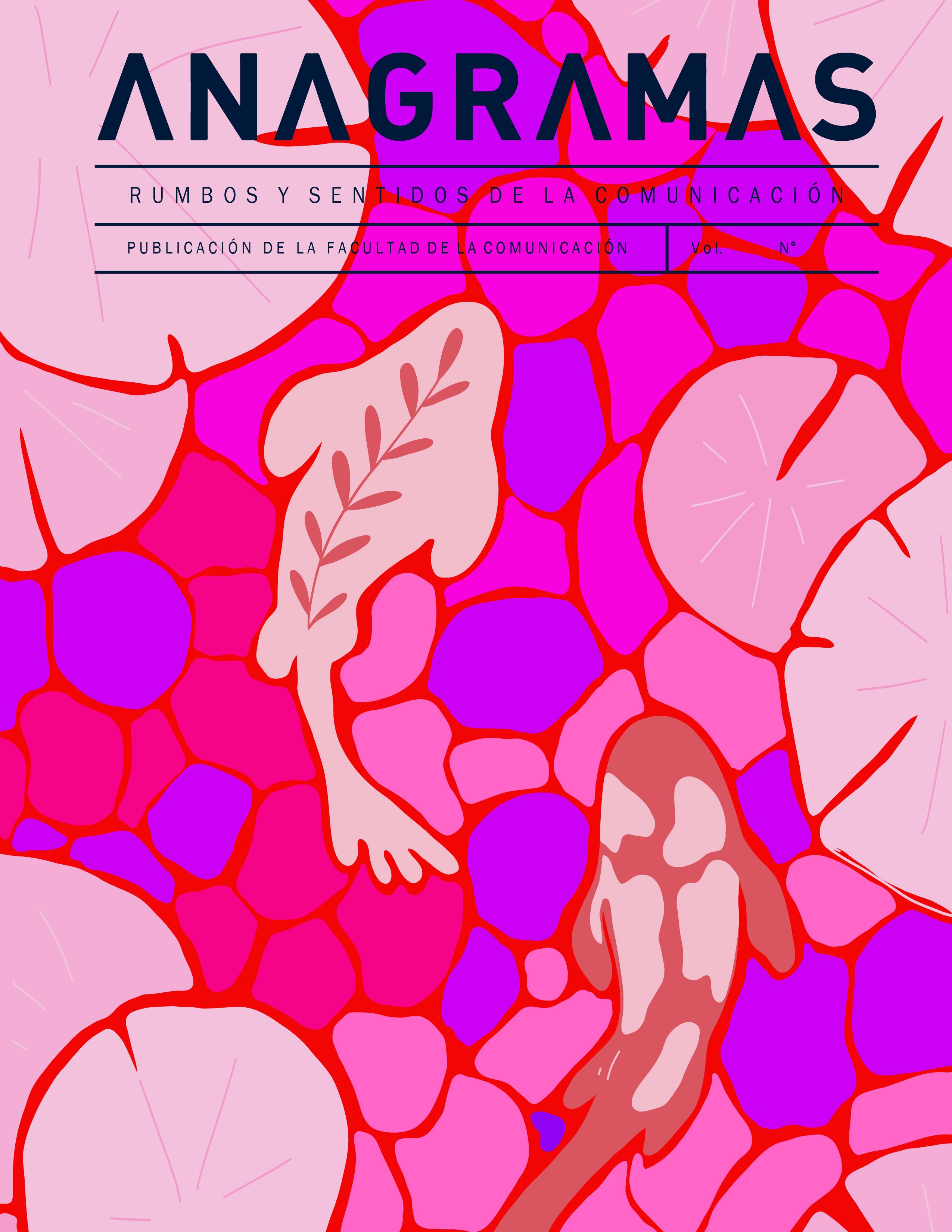Building civic culture: it’s impact on democracy and political communication
Main Article Content
Abstract
The objective of this research is to analyze inductively the impact civic culture has on the issue of political communication and transparency in Mexico. It is necessary to study the elements that afflict that country in matters concerning electoral reform because if this is executed, civic culture would turn out to be an element of democracy in the background. It would be overlooked that the basis of the trust that citizens can have or generate in their institutions is born from the construction of a civic culture.
To account for the relevance of the topic studied in this article, different concepts around it were analyzed to understand the elements that make it up, that shape it and that transcend citizen participation. Above all, the study emphasizes the fact that this culture is not built only during electoral processes, but that it is a permanent task in electoral institutions. It is a task that reinforces the idea of maintaining their existence in our country.
Later, it was possible to realize that citizens know about the existence of electoral institutions thanks to the dissemination of civic culture. Therefore, the adage that says: “what is not named does not exist” is fulfilled. So the existence of the areas that are in charge of civic education in electoral institutions is necessary because it is precisely that links are established through them to bring electoral authorities closer to citizens, and consequently, allow greater participation shall be generated in democratic processes.
Article Details
References
Almond, G. y Verba, S. (1970). La cultura cívica. Estudio sobre la participación política en cinco naciones. Euramérica.
Almond, G. (1993). The study of political culture. En Berg-Schlosser, D. & Rytlewski, R. (Eds.), Political culture in Germany (pp. 361-389). St. Martin’s: Macmillan.
Brunkert, L., & Von Soest, M. (2023). Elogio del líder: estrategias de legitimación personalista y el deterioro de las restricciones ejecutivas. Democratización, 30(3), 419-439. https://doi.org/10.1080/13510347.2022.2150760
Centro Universitario de la Costa Sur. (2022). Inicio de la Estrategia Nacional de Cultura Cívica (ENCCIVICA) 2017–2023. http://www.cucsur.udg.mx/noticia/inicio-de-la-estrategia-nacional-de-cultura-civica-enccivica-2017-2023
Córdova, L. (2017). Estrategia nacional de cultura cívica 2017–2023. Instituto Nacional Electoral.
ENCCIVICA. (2021). Prontuario de la Democracia. https://prontuario-democracia.sociales.unam.mx/encivica-2/
Ferrajoli, L. (2004). Epistemología jurídica y garantismo. Fontamara.
Friedman, L., & Schereiber, H. (1996). Legal Culture and the Legal Professions. Boulder: Westview Press.
González Luna Corvera, T. (2016). Democracia y formación ciudadana. Instituto Nacional Electoral.
Gutiérrez, J. (2013). Cultura de justicia electoral. Tribunal Electoral del Poder Judicial de la Federación.
Hernández, F. (2018). Para legitimar la elección presidencial 2018. INAI.
Holzner, B., & Holzner, L. (2006). Transparency in Global Change: The Vangard of the Open Society. University of Pittsburgh Press.
Inglehart, R. (1988). Cultura política y democracia estable. REIS: Revista Española de Investigaciones Sociológicas, 100(42), 33–49.
Instituto de Investigaciones en Rendición de Cuentas y Combate a la Corrupción (IIRCCC). (2017). La Cultura Cívica y el Derecho Humano a la Participación Ciudadana. https://www.rendiciondecuentas.org.mx/la-cultura-civica-y-el-derecho-humano-a-la-participacion-ciudadana/
Instituto Electoral de la Ciudad de México (IECM). (2019). Diálogos para una Cultura Cívica. http://www.ine.mx/dialogos-una-cultura-civica/
Jorge, J. E. (2022). El estudio pionero de Almond y Verba. https://www.cambiocultural.org
Levin, M. (2023). Still taking Democracy Seriosly. Democracy and Nature, 9(3), 333–344. https://doi.org/10.1080/1085566032000159973
Luengo, O. G. (2009). ¿Comunicando desafección? La influencia de los medios en la cultura política. Fontamara.
Mexicanos contra la corrupción y la impunidad. (2020). Poca confianza en la democracia, mucha corrupción de origen. https://contralacorrupcion.mx/corrupcion-y-confianza-en-las-instituciones/
Miquel, S. (2020). Capacidades analíticas y gobernanza de datos en la administración pública como paso previo a la introducción de la inteligencia artificial. Revista del CLAD Reforma y democracia, 1(77), 5–36.
Nohlen, D. (2007). Instituciones y cultura política. Revista de la Universidad Nacional Autónoma de México, 267–277. http://revistas.unam.mx/index.php/rfdm/article/download/61314/54024
Noriega, H. (1993). Regímenes políticos contemporáneos. Jurídica de Chile.
O’Donell, G. (2010). Democracia, agencia y Estado: teoría con intención comparativa. Paidós.
Perry, M. (2017). Global Political Morality: Human Rights, Democracy, and Constitutionalism. Cambridge University Press.
Peschard, J. (2015). La cultura política democrática. Cuadernos de divulgación de la cultura democrática 2. Instituto Nacional Electoral.
Reese, L. (2016). Comparative civic culture: The role of local culture in urban policy making. Taylor & Francis.
Sartori, G. (1992). Democracia, Elementos de teoría política. Alianza.
Solís, H. (2010). El desencanto de la política. Visiones del desencanto contemporáneo. Revista del Instituto Electoral y de Participación Ciudadana del Estado de Jalisco, Folios, 2(21), 3–9.
Stavenhagen, R. (2004). Derechos Humanos y Derechos culturales de los pueblos indígenas. Porrúa.
Tapia, E. (2009). Educación cívica y la construcción de la ciudadanía. Ánfora, 16(27), 87–96. https://www.redalyc.org/pdf/3578/357834259004.pdf
Yadav, V. (2014). Democracy, electoral systems, and judicial empowerment in developing countries. University of Michigan Press.
Zebadúa, E. (1998). Foro de educación cívica y cultura política democrática, versión estenográfica. IFE.
Zmerli, S., & Newton, K. (2008). Social Trust and Attitudes Toward Democracy. Public Opinion Quarterly, 72(4), 689–711. https://doi.org/10.1093/poq/nfn054






